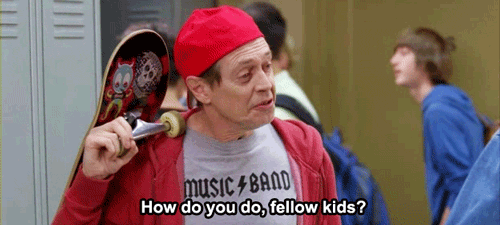YouTube, that strange stew of the best and worst content on the web, is cracking down on abuse and error relating to kid-focused video. Jokers and questionably ethical creators who targeted kids or used them in their videos will have a harder time getting viewers and getting money.
The tendency of kids to watch a series of algorithmically suggested videos led some YouTubers to attempt to slip their content into the designated kid-friendly streams. Putting Peppa Pig in their video, for example, to get it recognized as featuring that friendly critter, then having Peppa Pig visit a slaughterhouse or something. Funny if you’re a bored teen, but not if you’re YouTube’s ad department.
Content with kids in it but not for kids has also been a problem. I don’t know why 150 million people want to watch a little girl cry through a blood-filled mouth for two minutes, and I don’t want to know. But it’s probably not the kind of thing you want queued up for the little ones.
In order to combat this “growing trend,” Google is battening down the hatches around kid-friendly content in a handful of ways:
- Stricter content control. Now on warning: “content featuring minors that may be endangering a child, even if that was not the uploader’s intent” (that would be the mouthful of blood people) and “content with family entertainment characters but containing mature themes or adult humor.”
- Demonetizing shady kid stuff. Peppa Pig goes to the ham factory won’t be getting any ad dollars.
- Aggressive comment patrol on videos of kids. The comment section of YouTube is, to borrow Penny Arcade’s phrase, “like if the bottom of the barrel had its own barrel, with another bottom altogether, that then dripped on an ocean of diseased rats which then leapt into a rank sewer.” Videos found to have inappropriate (“abhorrent”) comments about the kids in them will have comments turned off altogether.
- Better understanding context. Rick & Morty may be a cartoon, but you probably don’t want your 7-year-old watching it. Similarly, a sexy cosplay of Dora the Explorer (why?) doesn’t really qualify as educational content. So YouTube is “growing the number of experts we work with, and doubling the number of Trusted Flaggers we partner with in this area” to better track this kind of thing.
Hopefully that prevents a few parents from having to answer awkward questions about butchering methods or why a banana would need a hammock.





No comments:
Post a Comment